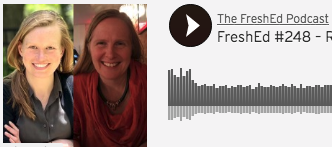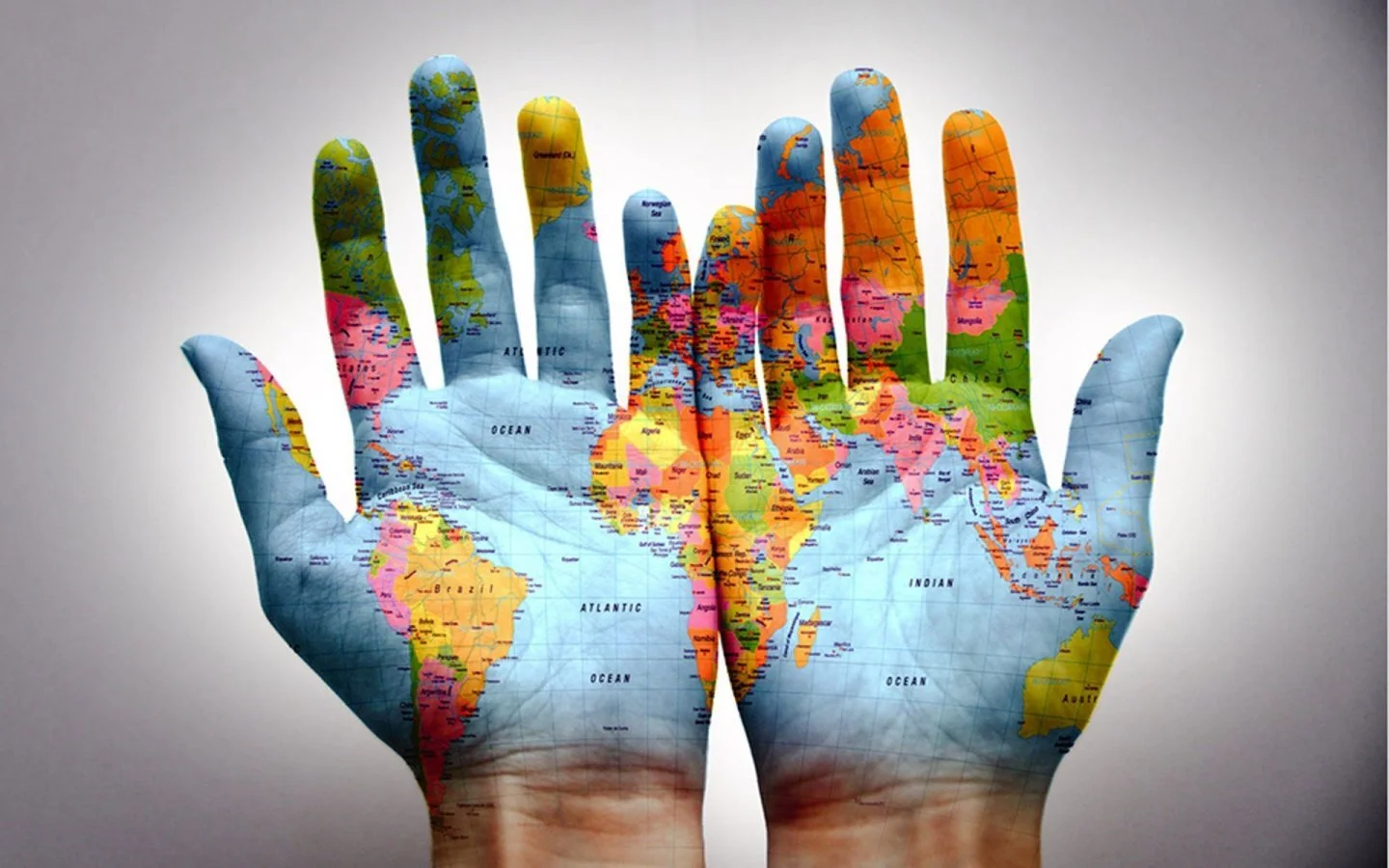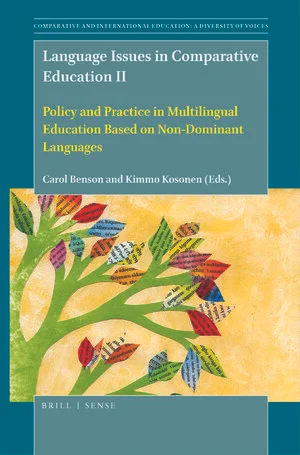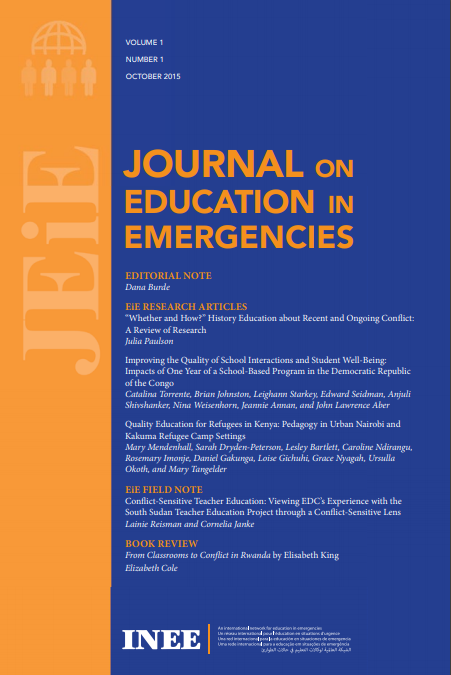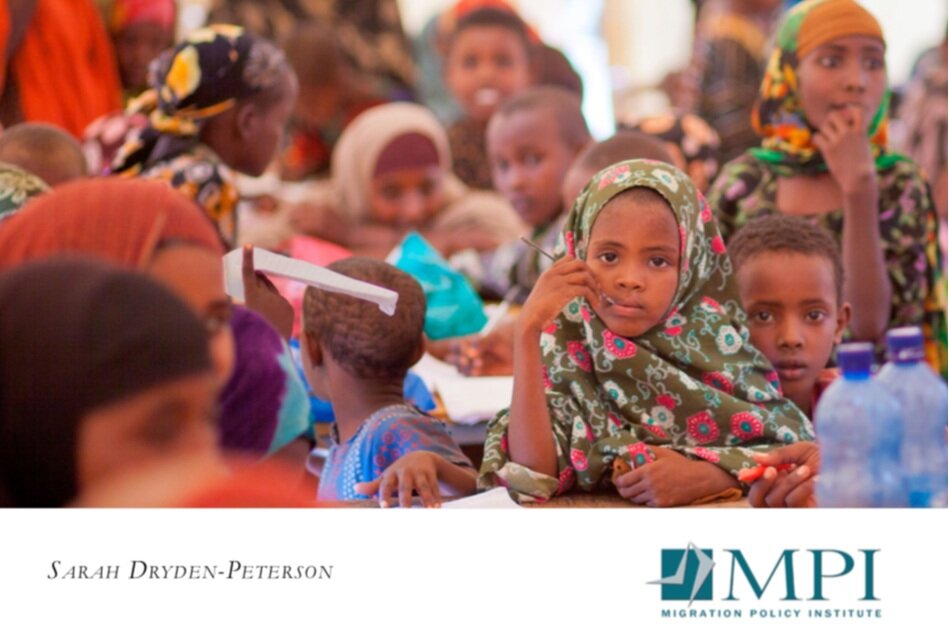Article | Refugee REACH director Sarah Dryden-Peterson discusses two mobilities that emerge through her team’s work on refugee education: cognitive mobility and temporal mobility. These have broad relevance for what, how, and why children and young people learn, including as related to language in education.
Read MoreResearch | This article examines nation-state policies that have prioritized toleration of diversity over recognition through comparative case studies of three junior secondary schools in Botswana.
Read MorePodcast | Celia Reddick and Sarah Dryden-Peterson discuss language of instruction in refugee education on the FreshEd podcast, hosted by Will Brehm.
Read MoreVideo | Sarah Dryden-Peterson and Celia Reddick of HGSE present their research findings during the virtual Language and Migration symposium, hosted by the Princeton Institute for International and Regional Studies.
Read MoreBook Chapter | New research by Celia Reddick and Sarah Dryden-Peterson reveals key tensions between home language instruction for literacy and learning, and inclusion of refugee learners in national school systems in host countries.
Read MorePodcast | Co-authors Benjamin Piper and Sarah Dryden-Peterson discuss the factors that influence early grade reading and suggest that focusing on education quality is important for improving literacy outcomes.
Read MoreSpoken word | This poem recounts the story of Salim, who was born in Gaza and lived through two Palestinian Intifadas against Israel, and what shaped his heart and mind from childhood to adulthood.
Read MorePodcast | A story about education and resilience in times of conflict, based on an interview with an asylum seeker from Eritrea now living in Israel, who fled his country following its War of Independence against Ethiopia.
Read MoreResearch | In the first literacy census in a refugee camp, researchers assessed all the schools providing lower primary education to refugee children in Kakuma, Kenya.
Read MoreResearch | This article examines the pre-resettlement educational experiences of refugee children, which to date have constituted a ‘black box’ in their post-resettlement education.
Read MoreResearch | This article examines the quality of education available to refugees in both urban and refugee camp settings in Kenya, with a particular focus on teacher pedagogy.
Read MoreReport | This policy report explores the educational histories of young refugee children in first-asylum countries, and identifies elements of these that are relevant to post-resettlement education in the United States.
Read MoreResearch | This article considers the ways in which education policy and practice in Botswana negotiate tensions between assimilationist and multiculturalist approaches to ethnic diversity.
Read MoreResearch | This article shows how students of majority and minority ethnic backgrounds in Botswana understand national identity as a path toward higher levels of education and employment.
Read MoreCurriculum | The first in a series exploring challenges that children face around the world, this account provides a compelling and informative picture of one fictionalized experience against a particular historical and geographical backdrop.
Read MoreBook & Curriculum | A two-part K12 resource that shares the story of a young refugee boy, Aleze, who flees to Burundi from his home in the Democratic Republic of Congo and is later resettled in the United States.
Read More


